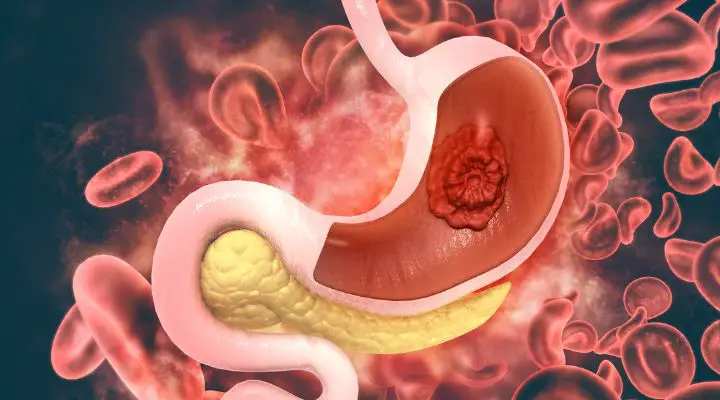Have you ever felt the flutter of a bird’s wings in your chest, a fleeting whisper of unease that comes and goes like a passing shadow? Such moments may seem insignificant, easily dismissed as a trick of the mind or a momentary lapse in well-being. Yet, they could be warning signs of a silent intruder lurking within – a ministroke.
Introduction to Ministroke
In the quiet chambers of our bodies, where the rivers of life flow ceaselessly, there exists a delicate balance that keeps us tethered to the realm of the living. But sometimes, amidst the symphony of our beating hearts, there arises a discordant note – a ministroke, a transient ischemic attack (TIA) – a whisper of danger that demands our attention.
The Importance of Early Detection
Like a canary in a coal mine, the warning signs of a ministroke serve as harbingers of impending danger. Ignoring them could be akin to turning a blind eye to the rumblings of an approaching storm. Early detection is paramount, for it opens the door to timely intervention and the possibility of preventing a full-blown stroke.
Warning Sign 1: Sudden Weakness or Numbness
Imagine waking up one morning to find that half of your body has fallen asleep, as if draped in a heavy cloak of numbness. This sudden weakness, this loss of sensation, could be your body’s way of sounding the alarm – a cry for help that should not be ignored.
Warning Sign 2: Trouble Speaking or Understanding Speech
Words, once fluid and familiar, may suddenly elude you, slipping through your fingers like grains of sand. Your tongue may feel heavy, your thoughts muddled, as if trapped in a labyrinth of confusion. Such difficulties in speaking or understanding speech could signal an impending ministroke.
Warning Sign 3: Vision Problems
The world around you may blur and warp, colors fading into muted shades of gray. Vision problems, such as sudden blindness in one eye or double vision, may herald the onset of a ministroke, casting a shadow over the beauty of the world.







